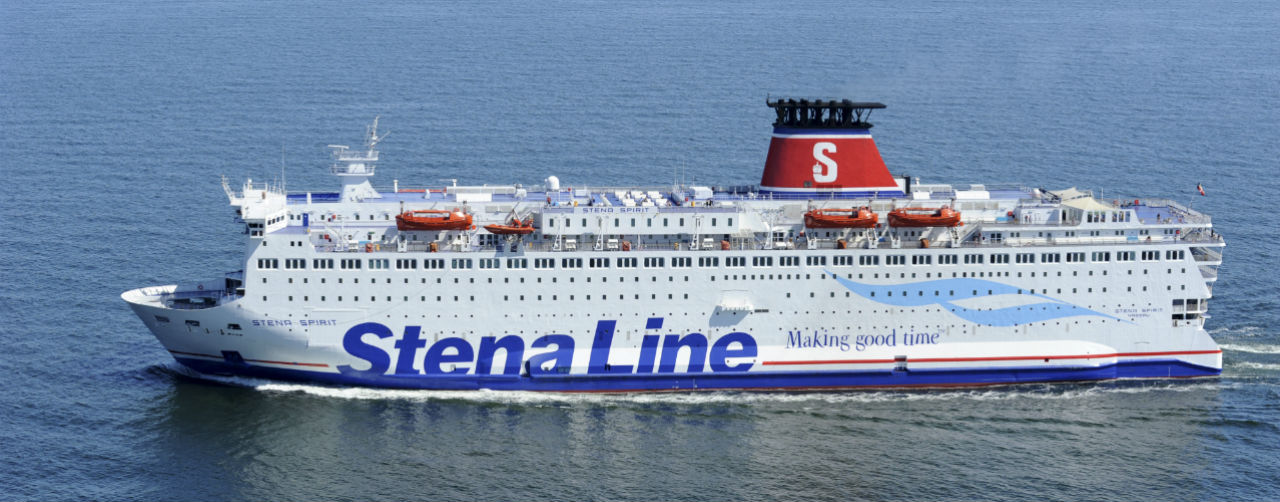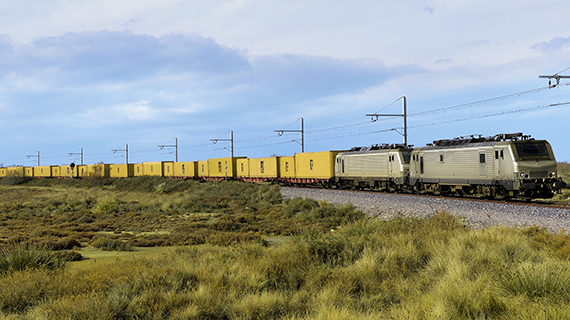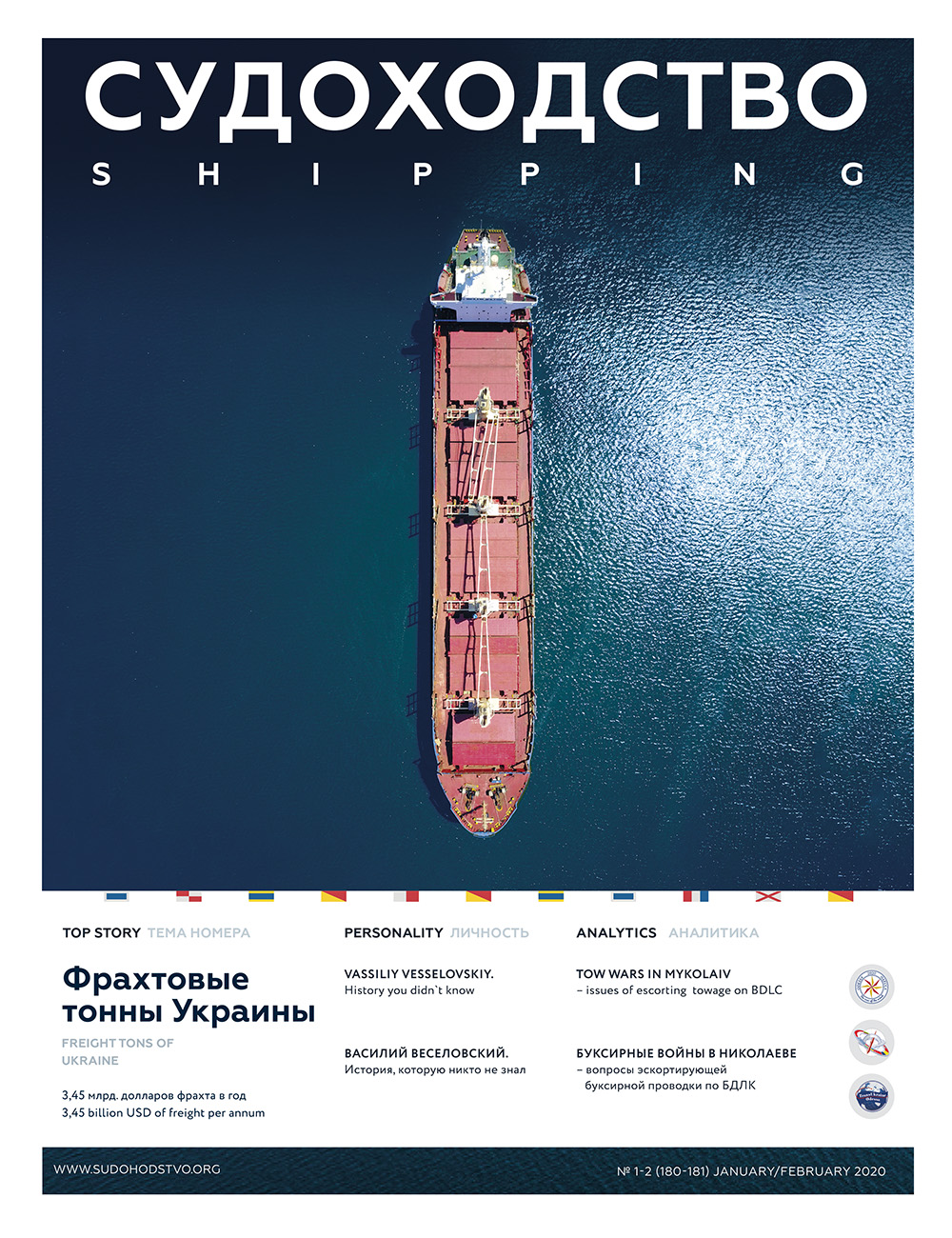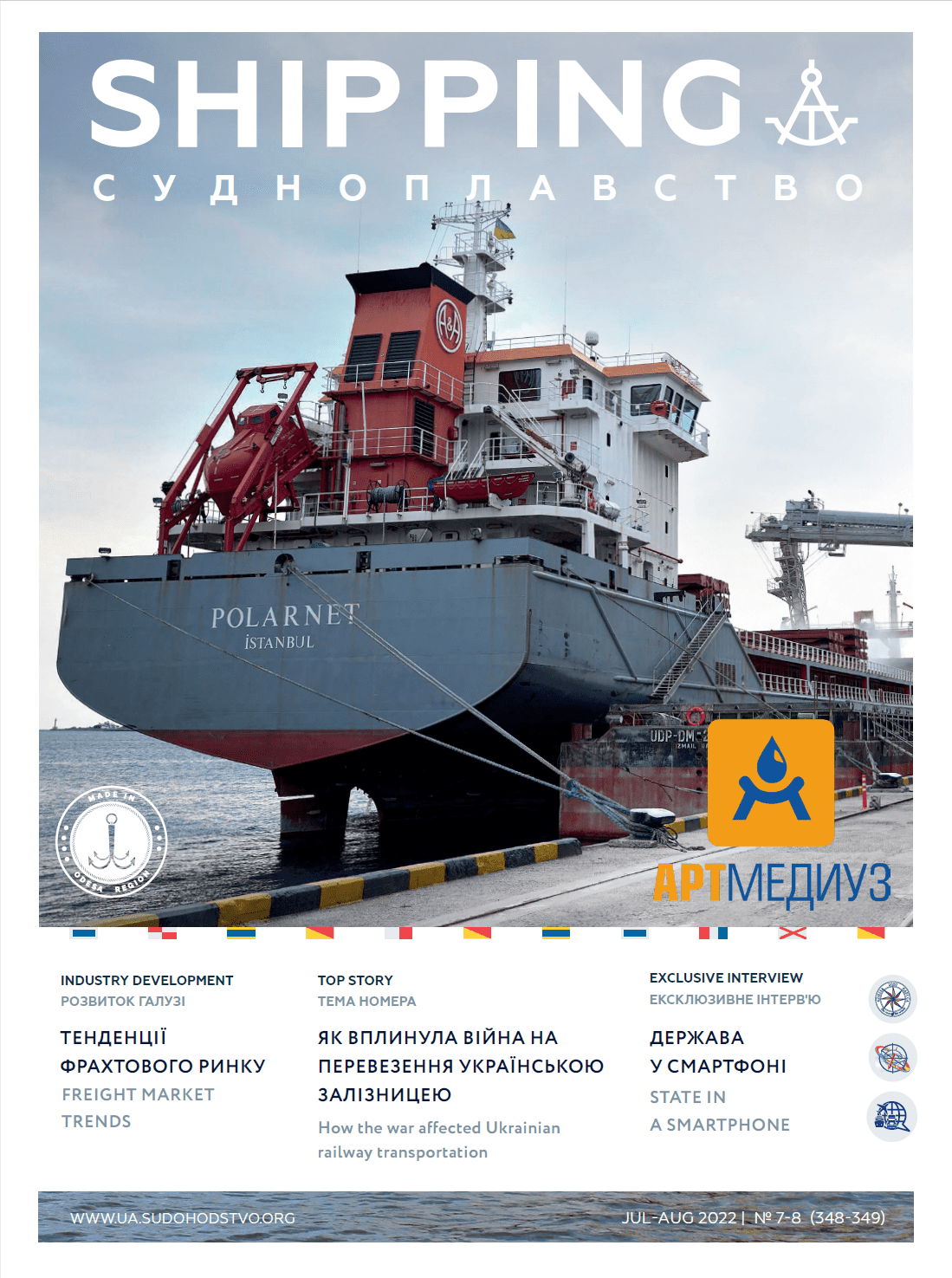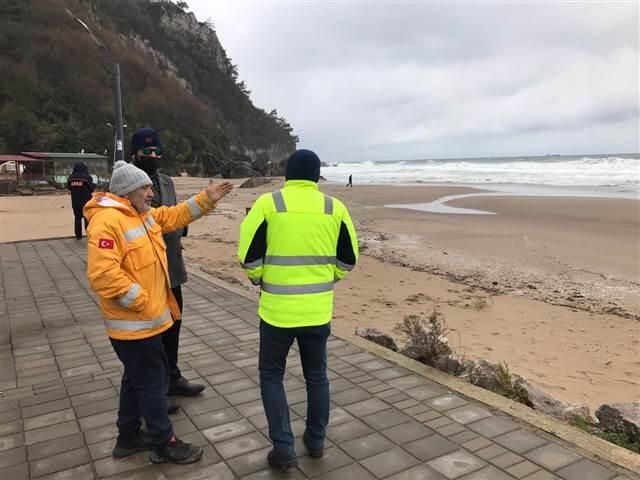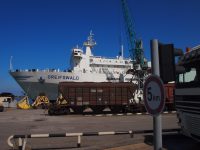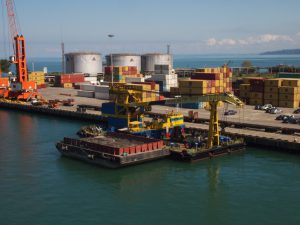Asian shipping and logistics executives are not overly concerned about the impact of the US and China trade war and see a shift in trade patterns.
Speaking at the Asian Logistics and Maritime Conference (ALMC) in Hong Kong, Mike Fong, vice president, head Greater China for Maersk Line said: “The trade tensions will cause disruptions for our customers especially on the transpacific.”
In the short term this actually means in a spike in demand on the transpacific as shippers try to beat a 1 January 2019 deadline for new tariffs. As a result Chen said Maersk was deploying more capacity on the trade to meet demand at present, however, after Chinese New Year in 2019 there will probably be a longer quiet period in the market than normal.
Should the trade war continue he said, “In the long term we need to put this perspective, it impacts about 2% of global trade.”
There was a similar message from Karen Reddington, president Asia-Pacific division for FedEx Express, who said: “Trade will continue but you have to look at this as bump in the road.
“They are tariffs, they are a cost…but trade won’t stop.”
The tariffs on Chinese imports to the US were also seen as changing trade patterns with a growthin manufacturing in Southeast Asian countries such as Vietnam and Indonesia for export to the US.
Commenting on the trade war Steve Saxon, partner McKinsey & Co, said: “Not necessarily a bad thing as it leads to a rebalancing of trade and trade lanes.”

